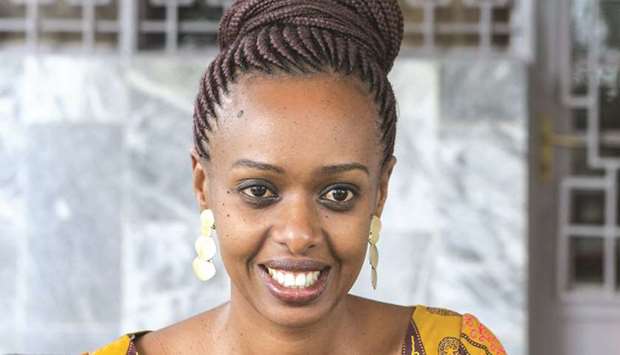Diane Rwigara says she will not let more than a year in detention derail her campaign against President Paul Kagame, the rebel-turned-statesman lauded for transforming the small African nation’s economy but criticised for smothering dissent.
The 37-year-old accountant tried to run against Kagame in a 2017 election, in which he won a third seven-year term. But she was barred by an electoral commission and detained on charges including forging documents associated with that bid.
“Before going to prison, I had founded a movement called Movement for People’s Salvation-Itabaza and my plan is to continue with it,” she said in her first interview since being acquitted in December of inciting insurrection and forgery. “I want it to be the channel through which Rwandan voices can be heard,” she told Reuters in her family home in Kigali.
“I want it to be the platform where we can hold this government accountable,” said Rwigara, who was freed on bail in October and acquitted along with her mother in court in December. Both had denied the charges.
Rwigara, who was told by the electoral commission she had not gathered enough supporting signatures to run for president, has repeatedly accused Kagame of stifling dissent, accusations the president and his government dismiss.
Rwigara is not alone in having a presidential bid derailed by legal wrangles. Victoire Ingabire, leader of the unregistered FDU-Inkingi party, tried to run in 2010 but was barred and arrested and then jailed in 2012. She was freed by presidential pardon last year. “We should not be jailed for having an opinion. I think the change is possible but we cannot wait for pressure to come from abroad,” Rwigara said.
She has also criticised Kagame’s Rwandan Patriotic Front for its near total hold on power since it marched into Kigali in 1994, ending a genocide in which an estimated 800,000 ethnic Tutsis and moderate Hutus were butchered.
“The party in power and its chairman President Paul Kagame have to understand ... this country does not belong to one man or one family or a small clique of powerful people,” she said.
Amnesty International, Human Rights Watch and other rights groups have long criticised the government for squeezing out opponents. Rwanda has only one registered opposition party, which is tiny and has only two seats in the 80-seat parliament.
Kagame has dismissed criticism, saying his government guarantees free speech and fair elections.

Diane Rwigara
